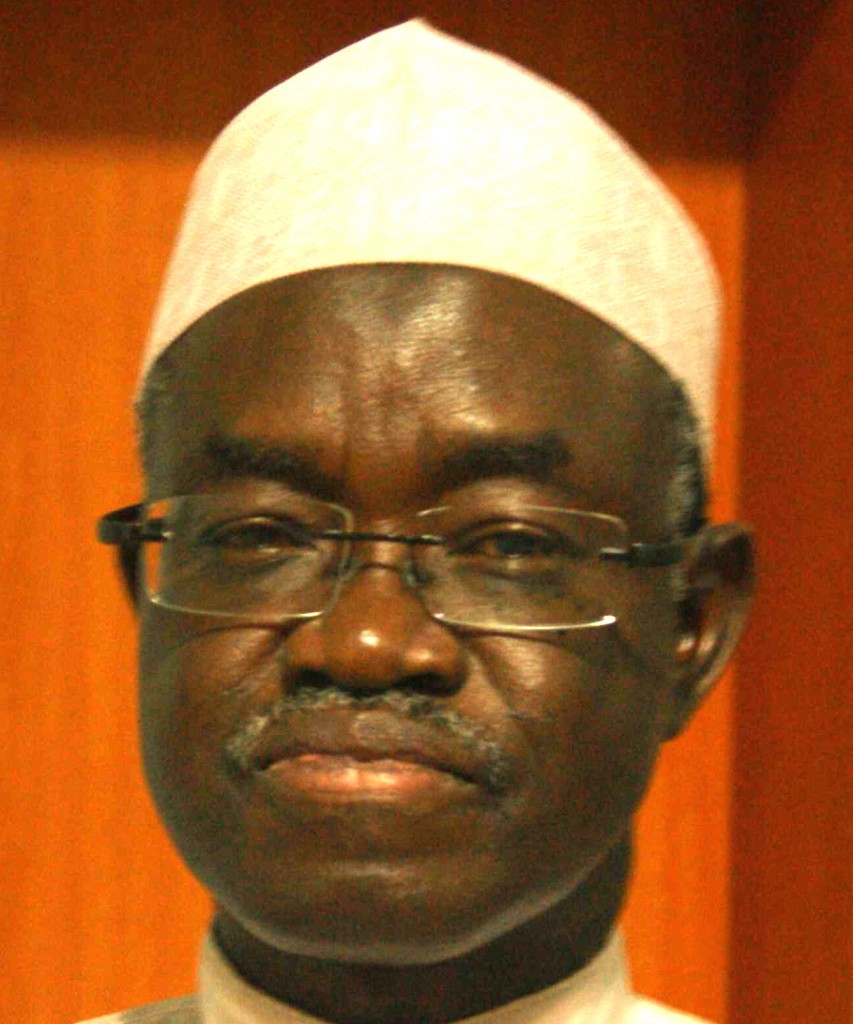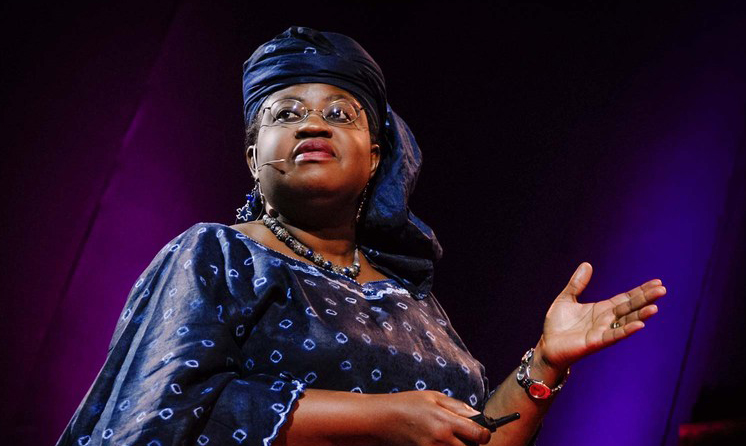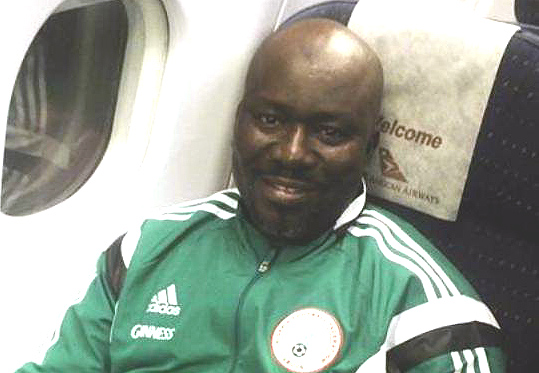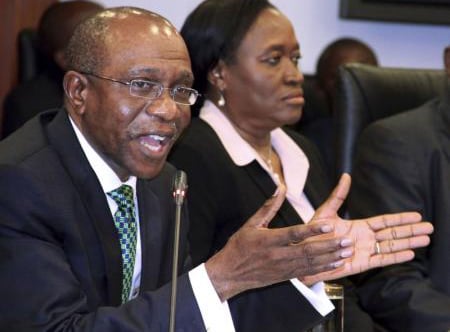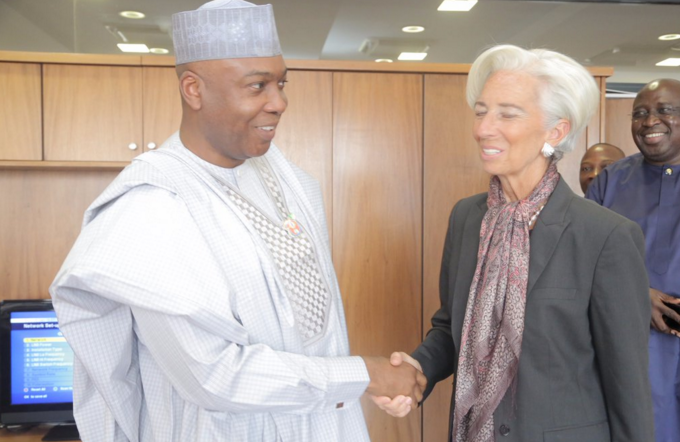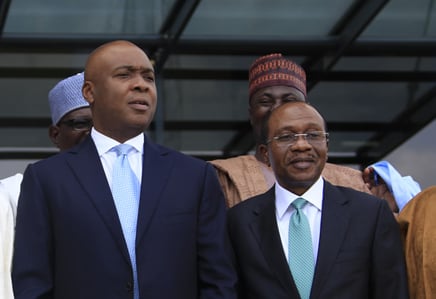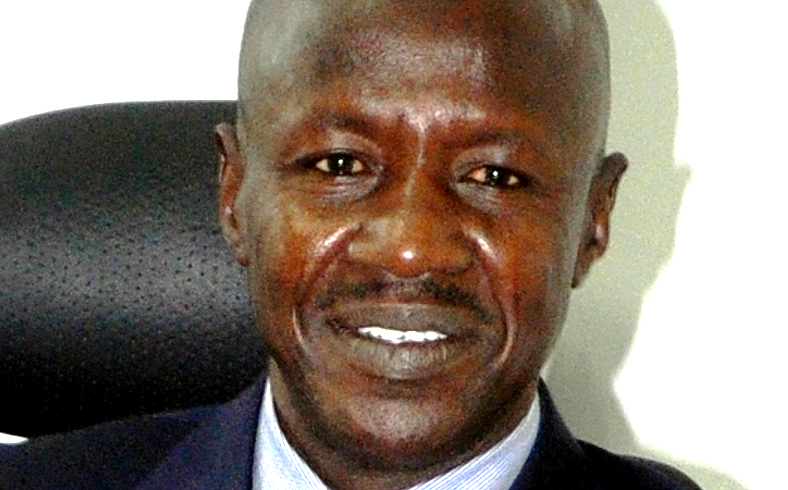TheNews condemned her as “The Failed Minister” on the cover of its edition of May 25. On the other hand, Government, a monthly publication of Leadership Newspapers, praised her as the minister who “revamped the Nigerian economy” whatever her critics may say.
Between the two publications, the vast majority of Nigerians are, I suspect, more likely to agree with the first. And it won’t be for any lack in self-promotion by the woman herself or of support from abroad as someone who, but for her stint as finance minister under two presidents, has worked mostly as a World Bank official at mid to senior levels.
Most Nigerians are more likely to agree with The News than with Government for the simple reason that, for all her exertions, she left her country’s economy far worse than she met it. Whether it is the cost of borrowing, the rate of inflation, the rates of currency exchange or employment, government’s integrity, public debt, name it, the legacy she left behind on May 29, when Muhammadu Buhari took over from Goodluck Jonathan as president, was worse than what she had inherited.
Dr. Okonjo-Iweala first served as finance minister under President Obasanjo from July 2003, ostensibly on loan from the World Bank under a United Nation’s scheme in which Africans in diaspora returning to serve in their countries were paid their old salaries in dollars. Okonjo-Iweala’s at the World Bank was $240,000.00. Herself and her supporters were to make a song and dance of the great personal sacrifice her forfeiture of this princely salary for the Naira equivalent of a “paltry” $6,000 entailed, when the arrangement became a controversial court case and she, along with Ambassador Olu Adeniji then serving as our foreign minister, lost out.
Advertisement
What, of course, she and her supporters never talked about was the net benefit she must have enjoyed as the finance minister of the most populous and one of the most prosperous countries in Africa.
Three years after she first became finance minister, she gave an interview to The Independent of London, which the newspaper published on May 17, 2006. A more blatant exercise at self-promotion would be hard to find. “The woman who has power to change Africa,” as the newspaper described her in its headline to its story of the interview, was “a heroine not just of Nigeria where she is Finance Minister, but of the entire continent. Her crusade against corruption has put her life at risk.’
In that interview she claimed credit for the jailing of just about every corrupt public official found guilty. “Some very, very powerful people including the inspector general of police,” she said, “have been brought to book. Two judges have been suspended, two sacked outright, three ministers sacked, two rear-admirals, a state governor, top customs officers. Did we get all the people? Not yet – but we’ve got enough to send a powerful signal and [generate] a powerful fear. People in power now know that they can’t act with impunity.”
Advertisement
The powerful finance minister did not stop at that. Just talking in vague terms in the fight against corruption, she said, was not good enough. “You have to identify the sources of corruption and target them.” So she identified the oil industry and government contracts as top priorities, with the latter, she said, costing almost five times as much as those in neighbouring countries.
So successful, she said, was her war against corruption that several other African countries had come to take lessons. “Tanzania has just approached us, Togo, Angola –even Egypt is sending a team to look at what we have done on corruption. Would you ever have believed that Nigeria would become a place where people would come to see how to tackle corruption?”
Judging by The Independent’s enthusiasm for the minister, you would be forgiven the belief that she must’ve been the best thing to happen to Nigeria since Independence in 1960. For, not only did the newspaper regurgitate her claim as the scourge of the corrupt Nigerian, it said in effect that hers was the very Midas touch that had already transformed the country’s economy. She, it said, was the one who privatized loss-making steel plants, removed restrictions on telecoms “which produced an increase from just 450,000 land lines to 16 million” mobile phones, reduced import tariffs, increased civil servants’ salaries while slashing their perks and introduced reforms in banking, insurance, pensions, income tax and foreign exchange!
Reading all this you would find it hard not to wonder how this heroine of Africa did it all alone without help from anyone and without reporting to any boss.
Advertisement
Four years after her boss unceremoniously removed her in 2007, not just as finance minister but also as head of his economic team, she returned as an even more powerful finance minister by taking over the quasi-official job of the Vice-President as the coordinator of the national economy. In serving as double minister, she apparently fell victim of her own propaganda as a super minister. The joke in many informed circles was that nothing important in any sector of the economy ever got done unless President Jonathan cleared it with her. This was, of course, an exaggeration, but it contained more than a grain of truth.
Okonjo-Iweala’s total of seven years as a powerful finance minister was, of course, not all an empty barrel. Her boast of being the scourge of corruption may have been just that – a boast – but her innovation of monthly publication of the revenue allocations to the three tiers of government was a great blow for transparency. Again, the partial debt waiver for the country from the Paris Club she helped secure in 2006 may not have been the millennial achievement she and her boss had touted it as, but it certainly gave us a breather and an opportunity to mend our profligate ways.
Sadly, that opportunity was squandered right under her very nose during her second tenure, when she looked away as the Big Boys – and the Big Girls – stole this country blind through so-called fuel subsidies, industrial scale oil theft, a dubious privatization scheme, diversion of “Abacha loot”, etc., and, worse, when she herself arbitrarily approved duty waivers worth tens of billions of Naira to hardly deserving beneficiaries.
The Independent’s “heroine of Africa” is, of course, not without her admirers and allies, many of them powerful outsiders, some of them probably genuine. Trouble is, it is well-nigh impossible for any of them to deny that her achievements have been more on paper than on the ground, as far as most Nigerians can see and feel.
Advertisement
Here, it spoke volumes about how real her achievements were that she seemed very much on the defensive in a recent interview in London over lunch with the Africa Affairs correspondent of its Financial Times, William Wallis.
In that interview published in the newspaper’s edition of June 5 and reproduced by the Daily Trust on June 12, she could only speak in vague tones about the war against corruption.
Advertisement
“I feel so alive in my country,” she said, “and I get so sad that the image people have is not of the 99.9 per cent, but this venal, kleptocratic, power-hungry elite that have colonized the country and refused to let go.”
Reminded by the reporter that this same “industrial scale corruption” of the elite was a big factor in the defeat of her boss in the presidential election and that in the eyes of some Nigerians she was, at best, ineffectual in the fight against it and, at worst, had gone to “the dark side” herself, she resorted to name calling. “They are the ones,” she said on the dark side and I will frustrate them from morning till night…I am a simple person with the same simple taste.” With an apparent touch of sarcasm, the reporter pointed out that as she swore at her traducers, she “(tucked) into a simple chicken tagine.”
Advertisement
And when he weighed in with the more specific case of former Central Bank governor, Malam Sanusi Lamido Sanusi’s, whistleblowing about the “missing $20 billion” from the federation account, she claimed she was at one with Sanusi but only disagreed with him on the size of the amount and his approach in exposing the amount without consulting her. “I was on top of this thing,” she said. “Months after months, we were recording the amounts…that fell short. We have the records. So we didn’t disagree that amounts were missing – not missing but unaccounted for.”
Unfortunately for the finance minister, most Nigerians, I suspect, are not likely to recall the issue that way. Instead they are more likely to remember that she took more than a year to release the report of the external editors she had appointed to look into the matter. It is instructive that the report, conveniently released just before the presidential election and which initially faulted Sanusi’s claim, was quickly denounced by the auditors as soon as her boss lost his presidential bid.
Advertisement
The lesson of all this for our president and his ministers should be obvious; at the end of the day what people see and feel on the ground is what can redeem their image, not the say-so of even the best propagandists one can hire.
This article first appeared in Daily Trust
